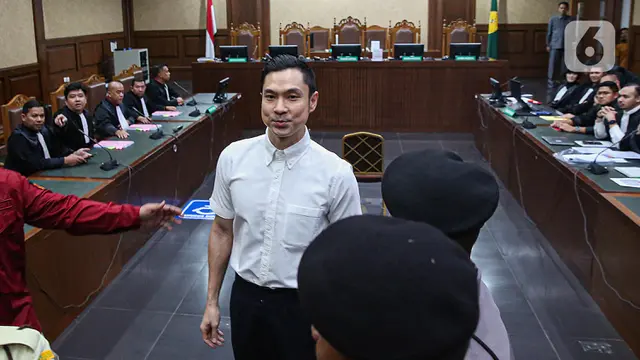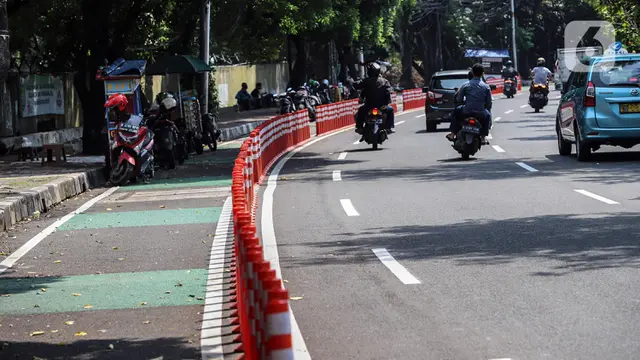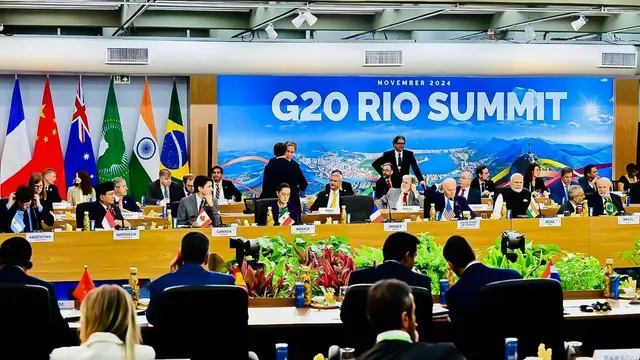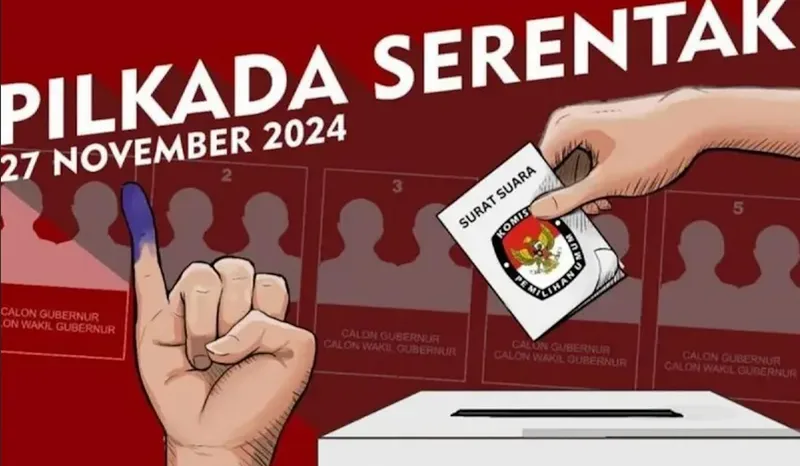Jakarta – The Jakarta High Court granted the prosecutor team’s appeal in the tin corruption case that ensnared Harvey Moeis. The sentence for Sandra Dewi’s husband was increased from 6.5 years to 20 years in prison, with an obligation to pay restitution of Rp 420 billion.
Professor of Law at Padjadjaran University, Romli Atmasasmita, referred to the verdict as a miscarriage of justice. According to him, there are several inconsistencies in the judges’ considerations, especially regarding the basis for calculating state losses.
“The state’s loss in the court’s decision is not an actual loss, yet Harvey Moeis’s sentence was increased to 20 years in prison and a replacement fee of Rp 420 billion.” “This is not correct,” said Romli in his official statement, Friday (February 14, 2025).
Romli also assessed that the replacement money of Rp 420 billion imposed on Harvey was not supported by valid evidence. In addition, the charges related to the conspiracy between Harvey Moeis and the other defendants are also believed to be unproven during the trial.
“The charge of corruption in this case, normatively based on Law No. 31 of 1999, is not a corruption crime.” Violations of the Mining Law are not explicitly categorized as corruption offenses,” explained Romli.
As part of the team drafting the Corruption Crime Law, Romli also considers the prison sentence of 20 years and the replacement fee from Rp 210 billion to Rp 420 billion to be disproportionate. Because, Harvey is suspected not to be the intellectual actor in the related case. In fact, he was only involved in the smelter lease contract and work contracts with the residents around the mine, who are not illegal miners but rather a hereditary legacy.
“This shows that Harvey Moeis is considered an intellectual actor, whereas the trial facts prove otherwise.” Harvey Moeis was charged under the accessory clause (Article 55 of the Criminal Code), even though he did not have a role as an intellectual actor,” noted Romli.
Resolved Through Civil Litigation
Meanwhile, Helena Lim, who also received an increased sentence from the Jakarta High Court to 10 years, stated by Yoni Agus Setyono, an expert in Procedural Law Studies at the Faculty of Law, University of Indonesia, that this case should have been resolved through civil law, not criminal corruption.
“The state’s losses in this case are still being debated.” “The proper resolution is through a civil lawsuit, not a corruption case,” said Yoni in a separate statement.
According to Yoni, the 2009 Environmental Law grants the government the authority to file civil lawsuits against other legal subjects, including citizens and legal entities.
“This is the first time the government has legal standing to file a civil lawsuit.” The calculation of the losses has also been regulated in the Minister of Environment Regulation of 2014,” he explained.







Leave a Reply